Companion Planting Guide for Vegetables & Herbs
Previous PostWant your plants to grow healthy and get more space in your garden? Companion planting is here to the rescue! Companion planting is easy to follow and replicate.
What Is Companion Planting?

Companion planting is a form of polyculture which involves the practice of growing different varieties of plants side-by-side. Such pairing of plants allows for unique benefits like deter pests, providing soil minerals & nutrients, suppressing weeds and allowing vertical support etc. Firstly, companion planting seems like an odd idea but is helpful. It is known that some plants can grow together and benefit each other too. Let’s look at some of the benefits.
Benefits Of Companion Planting

Saves Space
Have limited space to set up your garden? Companion planting is one way to have various plants you want to grow in your garden itself. It is perfect for small gardens and maximizes efforts.
Keeps Weeds Out
Weeds absorb nutrients and do not let the plants grow. With companion planting, you can keep unnecessary weeds out. More plants mean it can hold more water, hence beneficial.
Prevents Soil Erosion
The gardening soil, if loose, is easily affected by wind or water. It affects soil fertility and affects the produce negatively. Having plants grown at the same location keeps the soil moist and prevents soil erosion.
Attracts Useful Insects And Pollinators
With companion planting, most of the space is taken up by plants. It, therefore, does not leave space for any pests to grow. It attracts useful insects and pollinators that will only help your garden flourish.
Provides Shade Regulation
When small leafy plants are planted in the partial shade of the taller plants, it can effectively manage direct sunlight and prevent the smaller plants from bolting in extreme sun.
Companion Planting List

To make companion planting easier for you, here is a combination of plants that you can grow together and which you cannot.
| S. No. | Vegetable Name | Plant With | Avoid Planting With |
|---|---|---|---|
| 1 | Asparagus | Basil, Tomato, Nasturtium, Parsley | Onion, Garlic, Potato |
| 2 | Beans | Carrot, Cabbage, Cauliflower, Cucumber | Chives, Leek, Garlic |
| 3 | Broad Beans | Brassicas, Carrot, Celery, Corn, Lettuce, Potato | Fennel |
| 4 | Beets | Brassicas, Lettuce, Onion, Sage | Bean (pole) |
| 5 | Broccoli | Celery, Chamomile, Dill, Rosemary, Marigold | Oregano, Strawberry |
| 6 | Brussel Sprouts | Potato, Thyme | Strawberry |
| 7 | Brinjal | Bean, Capsicum, Potato, Spinach | Kiwi, Figs, Pomegranate, Curry Leaves |
| 8 | Cabbage | Beetroot, Potato, Oregano, Sage | Strawberry, Tomato |
| 9 | Carrot | Bush Beans, Pole Beans, Lettuce, Onion, Pea, Radish, Tomato | Chives, Dill, Parsnip |
| 10 | Cauliflower | Beans, Celery, Oregano, Marigold | Nasturtium, Peas, Potato, Strawberry, Tomato |
| 11 | Celery | Cabbage, Leek, Onion, Spinach, Tomato | Parsnip, Potato |
| 12 | Corn | Bean, Cucumber, Melon, Pea, Pumpkin, Potato, Radish | Tomato |
| 13 | Cucumber | Bean, Celery, Lettuce, Pea, Radish, Marigold | Cauliflower, Potato, Basil |
| 14 | Leek | Carrot, Celery, Strawberry | Beans, Peas, Spinach |
| 15 | Lettuce | Asparagus, Carrots, Radishes, Strawberry, Peppers, Garlic, Onion, Marigold | Beans, Beetroot, Parsley |
| 16 | Melon | Corn, Radish, Marigold | Potato |
| 17 | Onion | Bean Sprout, Broccoli, Cabbage, Lettuce, Strawberry, Tomato | Bean, Pea |
| 18 | Pea | Beans, Carrot, Corn, Cucumber, Radish | Onion Family |
| 19 | Potato | Bean, Corn, Cabbage, Pea, Eggplant | Cucumber, Pumpkin, Squash, Sunflower |
| 20 | Pumpkin | Corn, Marigold | Potato |
| 21 | Radish | Nasturtium, Pea, Lettuce, Cucumber, Beets, Spinach, Carrots, Melons, Squash, Tomatoes, Beans | Potato |
| 22 | Spinach | Celery, Cauliflower, Eggplant | Leek, Strawberry |
| 23 | Tomato | Asparagus, Celery, Carrot, Parsley, Marigold | Corn, Fennel, Potato, Kohl Rabi, Cabbage |
| 24 | Zucchini/Summer Squash | Beans, Dill, Oregano, Parsley, Pepper, Radish | Potato, Pumpkin |
There are a number of plant combinations to choose from depending on your garden soil type and climatic conditions. Companion planting requires a little bit of planning and more seasonal approach towards gardening. This practice of growing mutually beneficial plants together for better growth allows for a more productive vegetable & herb garden.
So go on, pick your favorite vegetable seeds and start growing!




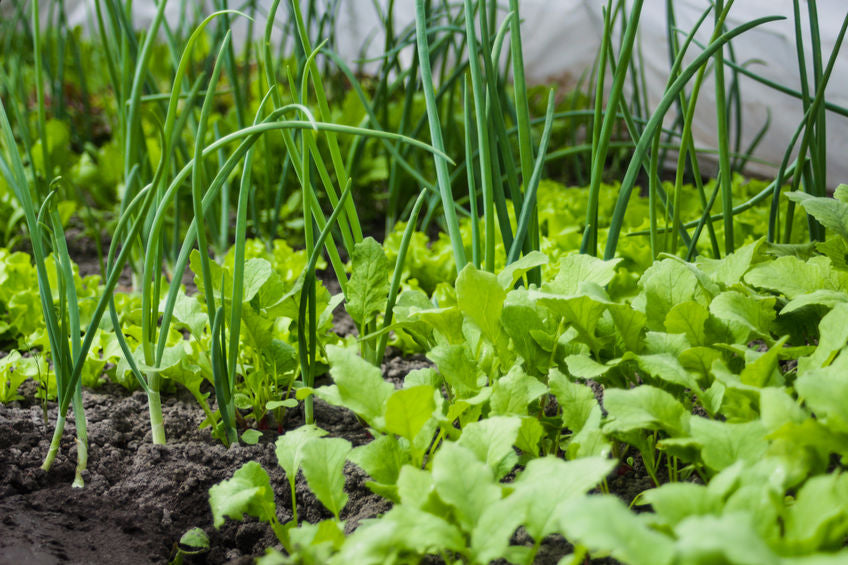
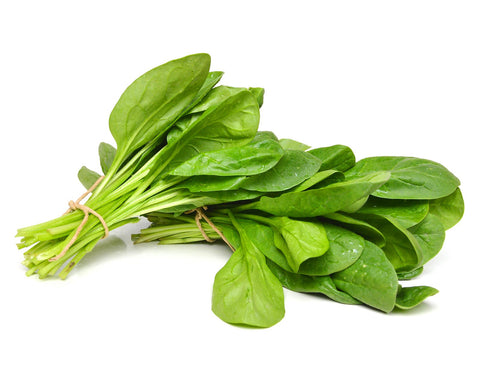
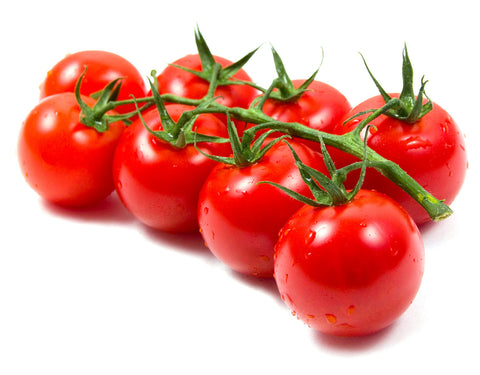
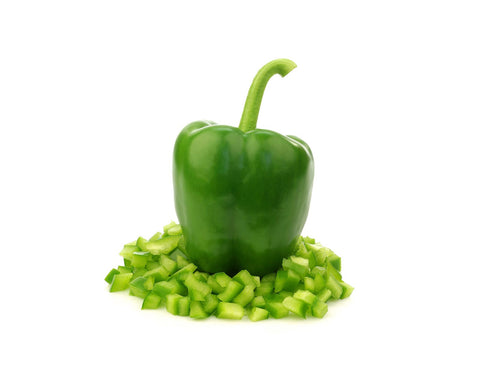
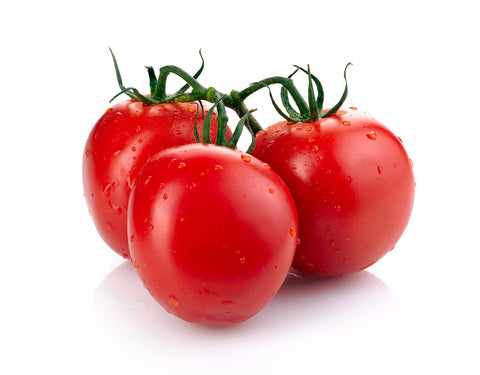
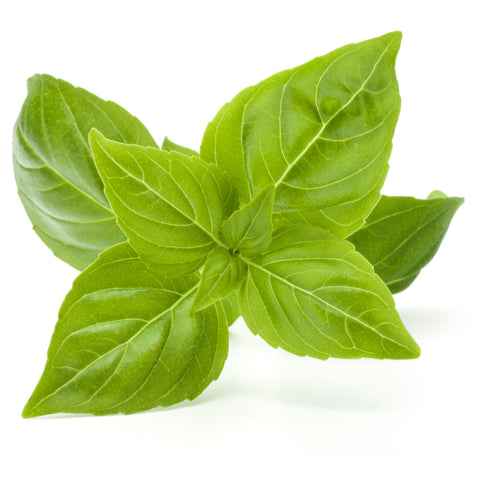
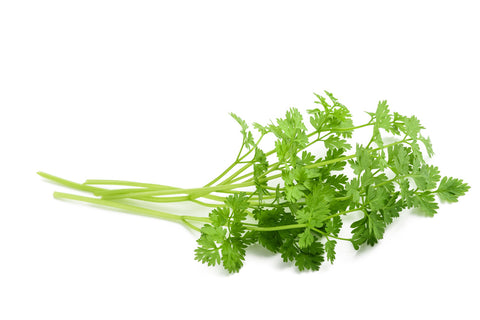
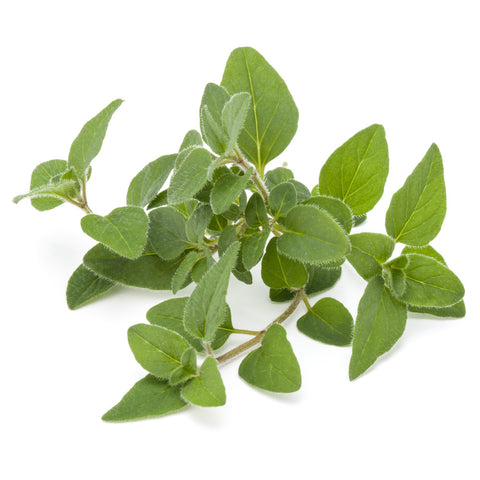
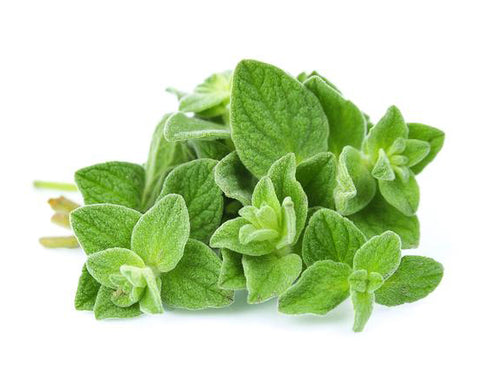
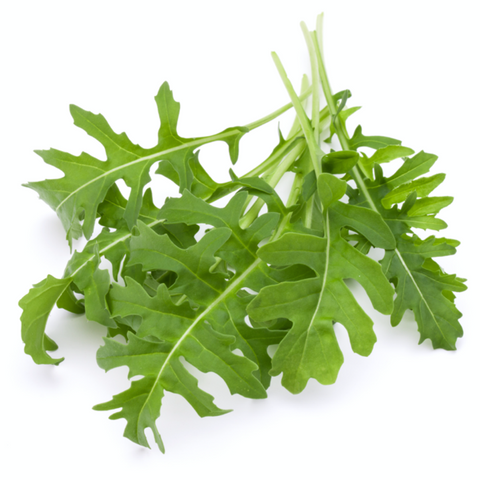
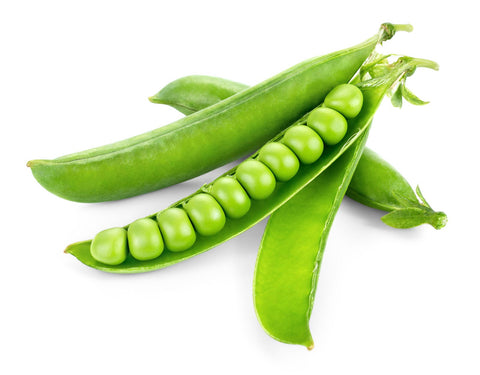
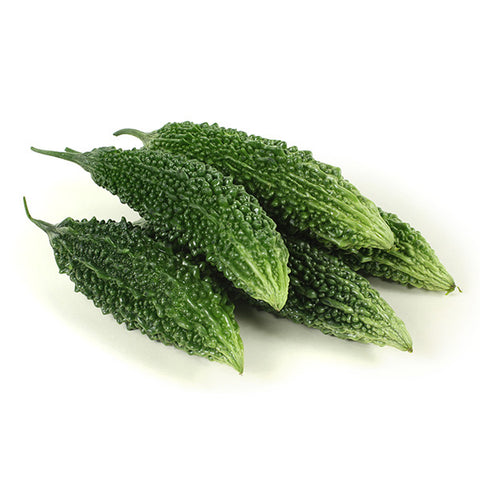
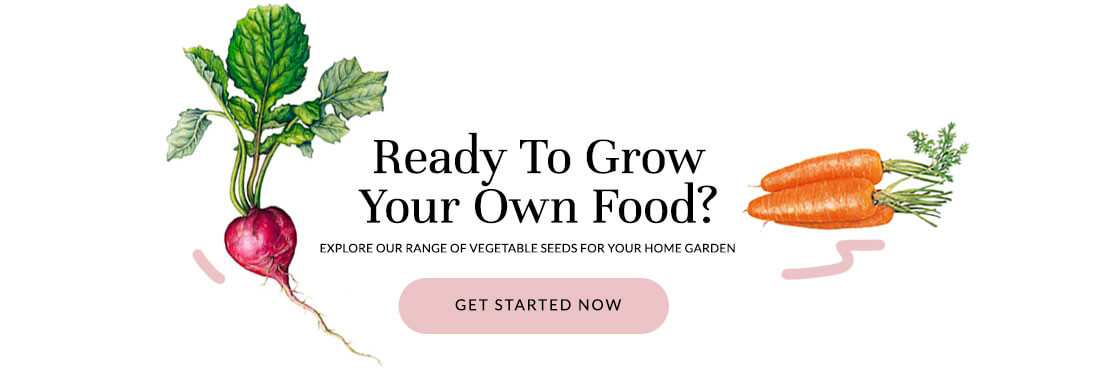
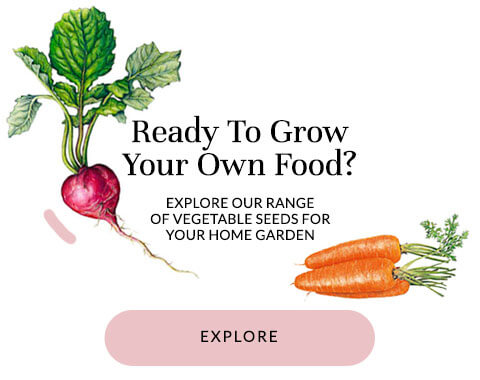
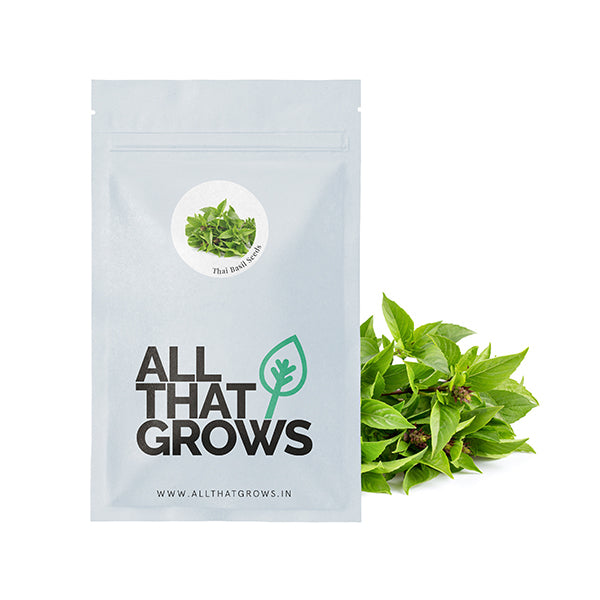
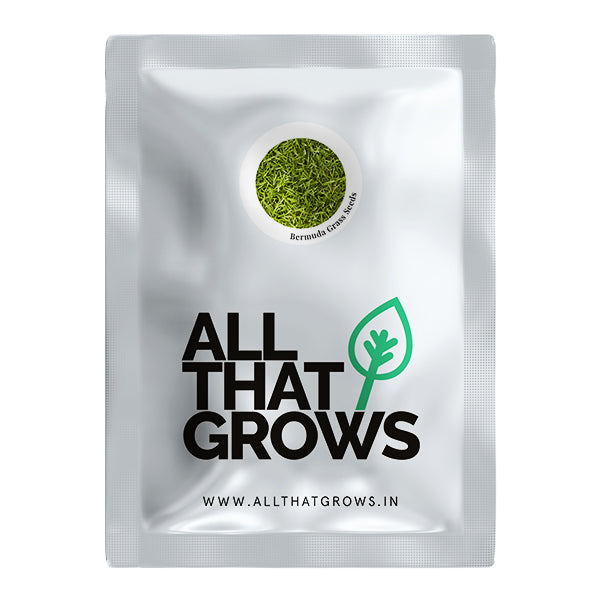
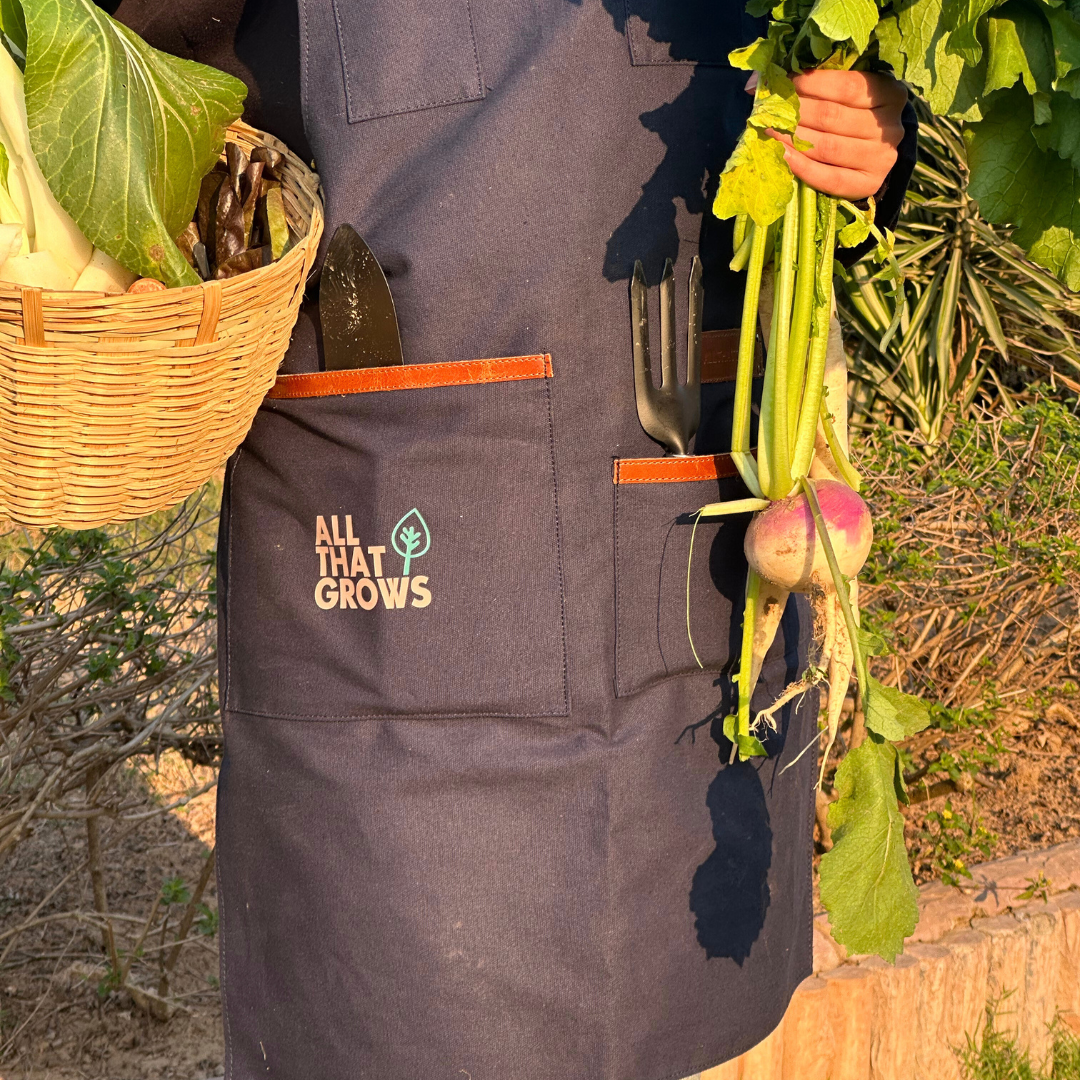

Leave a comment